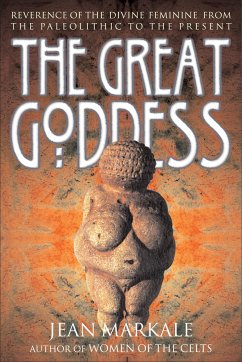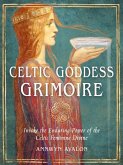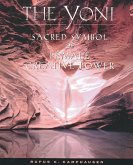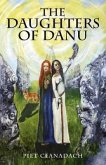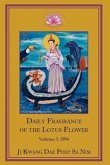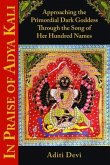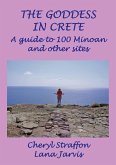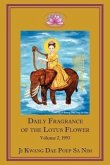MYTHOLOGY / WOMEN'S STUDIES In ancient Babylon she was Anat, in Egypt, Isis and Hathor, Dana in Celtic Ireland, Rhea and Demeter in Greece, and in India, Anapurna the "Provider." She is the Great Goddess, the symbol of earth and the giver of life, the Vast Mother, who represented all the powers and mysteries of creation for our ancestors. In this comprehensive exploration of the Goddess figure, Jean Markale, one of today's foremost Celtic historians, examines how over time patriarchal societies tried to force the preeminent power of the feminine into an obscure and sub-servient position, shifting her solar association onto masculine deities and discrediting those of her symbols, like the serpent, that could not be easily assimilated. With its extensive investigation of all the myths, sites, and sanctuaries devoted to this influential figure, The Great Goddess provides us with abundant evidence of the extraordinary permanence of her worship--even at the heart of those religions that tried to destroy her. Markale explains how the Goddess did not simply disappear when her position was usurped, but went underground, resurfacing time and again in altered but distinctly recognizable forms. The great solar goddess of Celtic culture reappears as the mythical Grainne and in the well-known legend of Tristan and Iseult. Features of the primordial Lilith, relegated to darkness in rabbinical tradition, can be discerned in the incomprehensible Black Virgins of Christian sanctuaries. And one of the key figures of modern Christianity, the Virgin Mary, possesses all the characteristics of the ancient Mother Goddess: wisdom, beneficence, nurturance, and sacred sexuality. Whether in Ancient Egypt, the Roman Empire, Celtic Europe, or the present day, the goddess played, and continues to play, an integral part in society's need to connect with the source of all creation. Poet, philosopher, historian, and storyteller, JEAN MARKALE has spent a lifetime researching pre-Christian civilizations. He is the author of more than forty books, including The Druids, The Celts, Merlin, Women of the Celts, and King of the Celts. A specialist in Celtic studies at the Sorbonne, he lives in the Brittany region of France.

